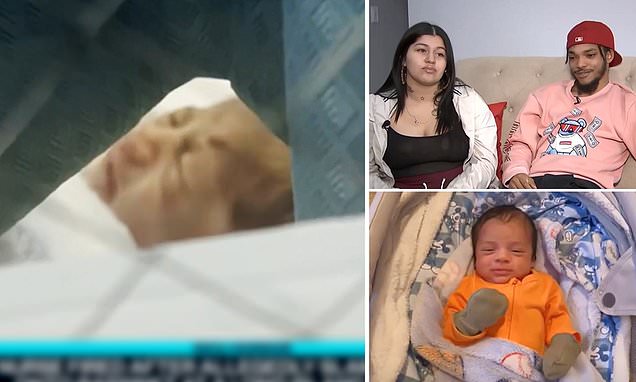I did a clinical rotation in a NICU recently. They had an arrangement where the RN would put a camera close-up on the baby's isolette twice a day for an hour or two so the parents could see their babies if they couldn't be at the bedside. A few parents stayed at the bedside many hours each day, but most of the parents whose babies were in NICU for weeks or months had to return to work. I can only imagine the heartache of being unable to be with my baby!
When parents were visiting, they had a choice to pull the curtains around the area with the isolette and reclining chairs. Some parents preferred to leave the curtains open and interact with the nurses or other parents.
I helped care for premature twins who needed a very low-stimulation environment. We clustered the feedings and other care every three hours so the babies could rest. The isolette was covered in between care times to limit light and noise. The nurse responded quickly when the baby's vital signs indicated a significant change or the baby cried. All of the touch was done with consideration for the baby's comfort.
The NICU was bustling with multiple RNs, therapists, case managers, charge nurse physicians, and parents in and out. The only time I saw curtains closed when the parents weren't there was when a physician had to insert a tracheal tube. Two nurses stood by to assist, and they allowed me and another student to observe.


